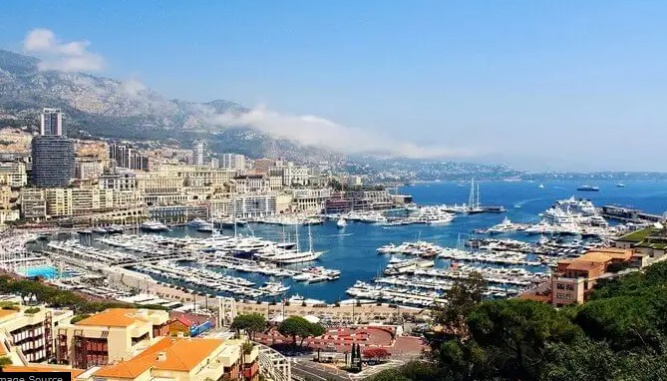Two former Monaco bankers have been convicted of helping to launder millions of euros that two Italians transferred in bags full of cash during regular trips to the city-state, Bloomberg reports.
Alexandre Balga, formerly of Banque Havilland, and Nicolas Gelso, who worked for Mediobanca SpA’s CMB Monaco unit, received suspended prison sentences of up to six months each in Monaco on Tuesday. Both were fined 10,000 euros ($10,989).
The criminal court also sentenced two Italian businessmen involved in the case, Fabrizio Amore and Maurizio Fratti. They each received one year in prison with a six-month suspended sentence and a €500,000 fine.
Monaco is looking to enhance its reputation for combating money laundering after it was placed on an international grey list in June. This came after inspectors drew attention to a “very low” conviction rate. New laws have been passed to remedy the situation, and local authorities are keen to prove they can effectively stem the flow of dirty money.
Lawyers for Amore and Gelso said their clients plan to appeal. Lawyers for the other defendants did not immediately respond to a request for comment.
In another part of the Monaco indictment, four bankers were accused of failing to report suspicious cash flows. On Tuesday, the court found three guilty, including a couple who worked at Edmond de Rothschild at the time the charges were brought. They were given fines of between €5,000 and €7,000 each.
The judges acquitted the most senior banker in the case, Patrick Doguet, who is now chief executive of Havilland Monaco. No charges were brought against any of the banks.
Mafia Capitale in Monaco
The Monaco case was initiated by an extensive investigation in Italy known as Mafia Capitale. Amore’s name was linked to Italian police activity when he was named as a suspect in 2015, but his defence team said in a written statement that this did not lead to any conviction. Amore’s attorneys William Julié, Yann Lajoux and Giorgio Martellino said:
We consider that no guilty verdict should have been reached in Monaco for the main reason that money laundering is a secondary offense that requires our client was convicted in Italy in the first place, which is not the case.
The Monaco court also sentenced two Frenchmen, Armand and Luc Pastorel, who, with the help of a local administrator, collected about 12 million euros in cash by siphoning off profits from their business. Their lawyers did not immediately respond to a request for comment.
